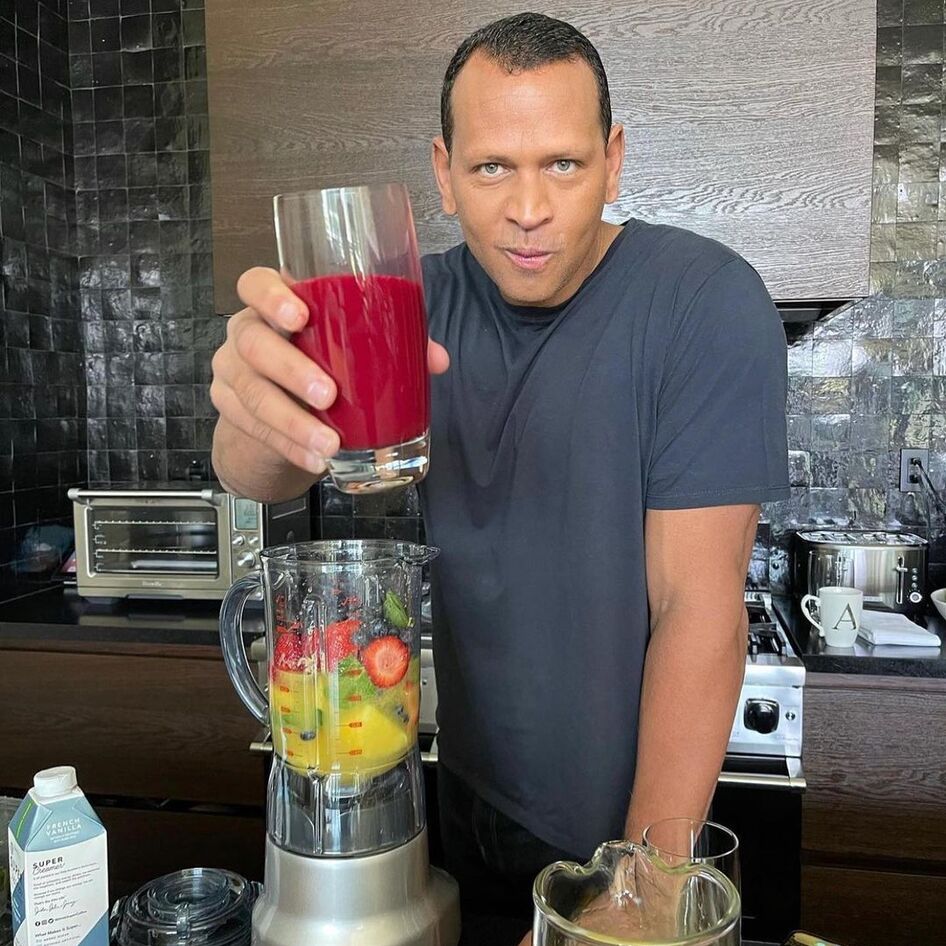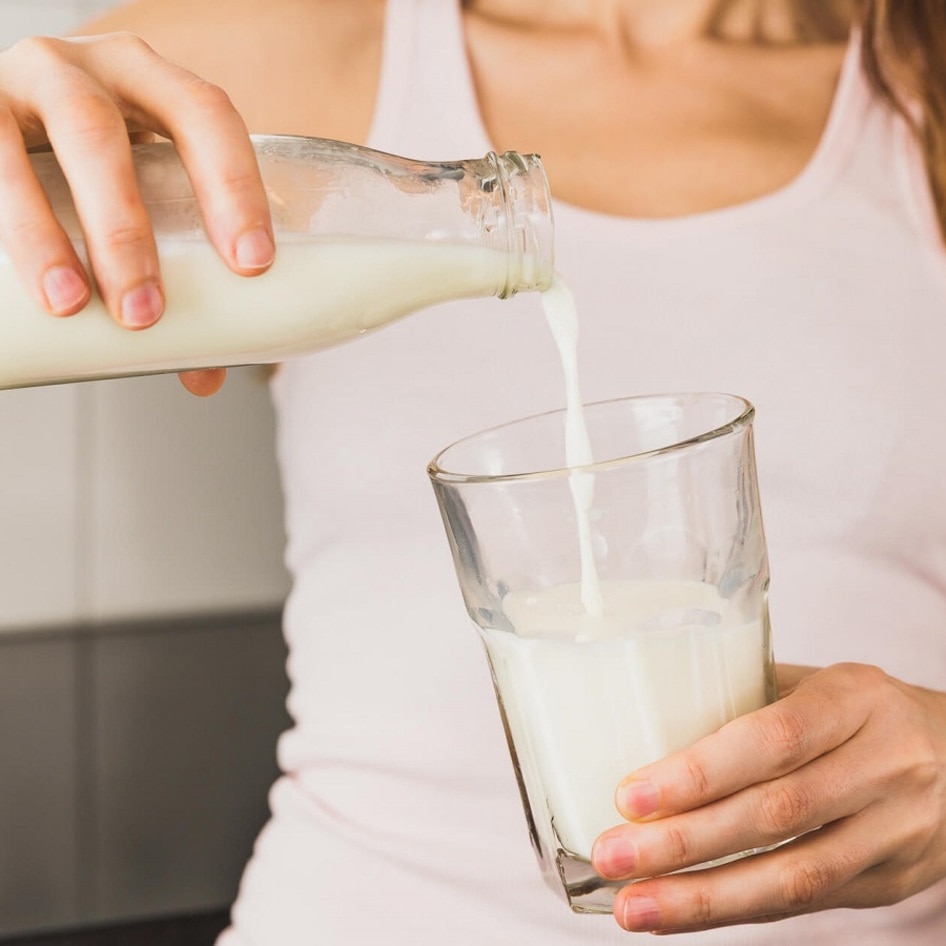Is it harder for men who consider themselves “manly” to ditch meat? Researchers at the Australian National University wanted to learn just that when they conducted a large survey to examine how adhering to typical gender roles affects perceptions around meat consumption.
Published in the journal Sex Roles, the study included 4,897 Australians who were given online surveys that examined their perceptions about meat consumption in comparison to their self-rated gender typicality—meaning, how strongly people identified with traditional male and female gender roles.
 Oliver Sjöström
Oliver Sjöström
The results? Men who identified as more masculine were associated with a lower likelihood of reducing their meat consumption or considering veganism. These participants also were more likely to think about meat as “normal.”
Interestingly, participants with the most gender-typical identifications, regardless of their gender, perceived meat as natural, necessary, and nice—identifying a potential interrelation between adhering to traditional gender roles and conventional dietary habits.
While additional research is necessary, the study authors suggest that this link between gender typicality and perceptions about meat can be used to inform campaigns around meat reduction and in marketing strategies for alternative protein companies.
Is eating meat manly?
Traditional gender roles often dictate that men should eat meat, while women should consume more plant-based foods. This reinforces the idea that meat consumption is a masculine trait.
However, it is important to note that these associations between meat consumption and masculinity are cultural and historical constructions and do not necessarily reflect objective reality. In modern times, the link between meat-eating and masculinity is being challenged by changing attitudes towards health, environmental sustainability, and animal welfare.
 Askar Abayev/Pexels
Askar Abayev/Pexels
And this is further catalyzed by a body of research that has emerged in recent years about the link between meat consumption and disease, providing men an opportunity to reexamine their relationship with animal products.
Noah Praamsma, MS, RDN, Nutrition Education Coordinator at Physicians Committee for Responsible Medicine (PCRM)—a group of 17,000 medical professionals—explains that eating meat might not be as manly as men think.
“Many men believe they need meat to build muscle and achieve a healthy lifestyle,” Praamsma, tells VegNews “These are cultural beliefs, however, and the science doesn’t support them. Protein needs, even for very active men (and women), can easily be met with a well-planned diet that relies on plant foods. These beliefs even have negative consequences for men.”
“Statistically, we don’t live as long as women, likely in part due to high meat consumption,” Praamsma says.
One study published last year in the medical journal The BMJ found that men who consumed high rates of ultra-processed foods were at 29 percent higher risk for developing colorectal cancer—the third most diagnosed cancer in the United States—than men who consumed much smaller amounts. The study did not find the same association in women.
“There’s nothing inherently manly about meat, and if anything, the opposite is true,” Praamsma says. Men are more likely than women to experience cardiovascular disease, which has been linked to meat consumption.”
“Living in fear of a chronic disease or dying from one is not manly,” he says. “This includes erectile dysfunction, which unhealthy diets high in meat consumption have been linked to.”
Why going vegan is manly
Conversely, plant-based diet has been linked to helping men to achieve optimal health. A 2022 study conducted by researchers at Kyung Hee University in South Korea on a population of 79,952 American men revealed that individuals who consumed the highest average daily quantities of healthy plant-based foods had a 22 percent lower risk of developing colorectal cancer compared to those who consumed the lowest amounts of healthy plant-based foods.
 RODNAE Productions/Pexels
RODNAE Productions/Pexels
Newer research supports this conclusion, including a study published in March in the scientific journal Urology. Here, the systemic review found that a plant-forward diet could improve men’s health to prevent and manage conditions such as benign prostatic hyperplasia, erectile dysfunction, and prostate cancer.
And a study linked consumption of a plant-based diet to slowing the progression of prostate cancer by 52 percent in men already diagnosed with the illness. Researchers also found that participants whose diets were highest in plants had a 53 percent lower recurrence risk compared to those who consumed the least plant foods.
“Plant-based diets, on the other hand, are very beneficial for our health as men,” Praamsma says. “Fiber found in vegetables, grains, legumes, and fruit reduce a man’s risk of heart disease, letting blood flow easily to all the organs needed for health and virility.”
“High quality plant proteins like what we find in legumes help us build strong bodies,” he says. “Eating whole, colorful foods made from plants even reduces our risk for cancer, diabetes, and becoming overweight.”
Choosing to follow a plan-based diet in light of the growing body of research about its protective benefits for men’s health is a manly thing to do, Praamsma says. Ditching meat also doesn’t sacrifice muscle-building as numerous studies have shown that non-animal protein sources can deliver equal results.
“True masculinity is all about strength and bravery,” he says. “This includes rebelling against the cultural pressures men feel to eat meat even though it is bad for our health.”
For the latest vegan news, read:
JUMP TO ... Latest News | Recipes | Guides | Health | Shop









